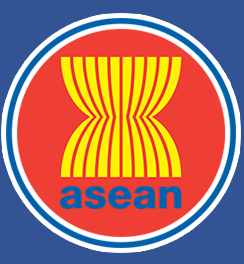ASEAN Journal on Science and Technology for Development
Abstract
Indonesia is prone to a variety of natural disasters, one of which is earthquakes. Earthquakes are detrimental to human life, causing among other things a loss of shelter. As such, victims of earthquakes need basic assistance in the form of shelter, which the Indonesian government provides in the transition phase of emergency responses. Several innovations in the provision of temporary shelter have arisen in terms of packaging and fast unloading. This research aimed to examine the effective value of OTTV energy (overall thermal transfer value), differences in room temperature, and thermal comfort in existing temporary shelters. OTTV values and thermal comfort are adapted to Indonesia's humid tropical climate, which has a temperature ranging 24–30°C and air humidity of 75%. Temporary shelters were simulated with Rhinoceros and Grasshopper softwares. The simulation was carried out in two stages, with the first stage simulating the temporary shelter materials and the second stage simulating according to a predetermined standard. The results concluded that the effective value of OTTV with the use of Styrofoam-based shelter gives a value of 27.63 W/m2 with a decrease of up to 4.70 W/m2 and the temperature drops to 2–3°C.
Publication Date
12-27-2019
Recommended Citation
Puspa, Ayu Dyah; Budi, Prayitno; and Agus, Hariyadi
(2019)
"Temporary Shelter Simulation Towards Effectiveness Value of OTTV and Thermal Comfort,"
ASEAN Journal on Science and Technology for Development: Vol. 36:
No.
3, Article 3.
DOI: https://doi.org/10.29037/ajstd.582
Available at:
https://ajstd.ubd.edu.bn/journal/vol36/iss3/3

